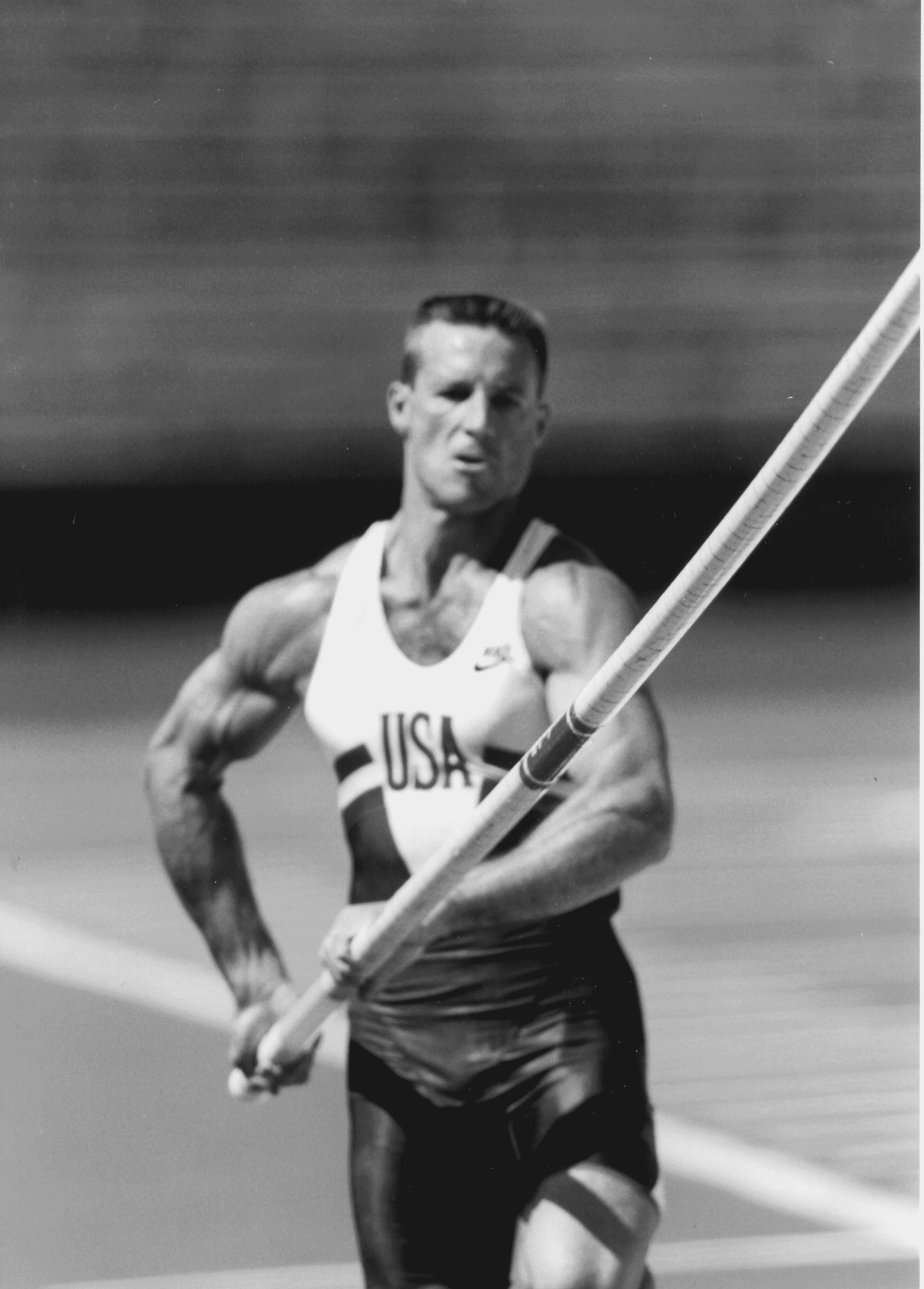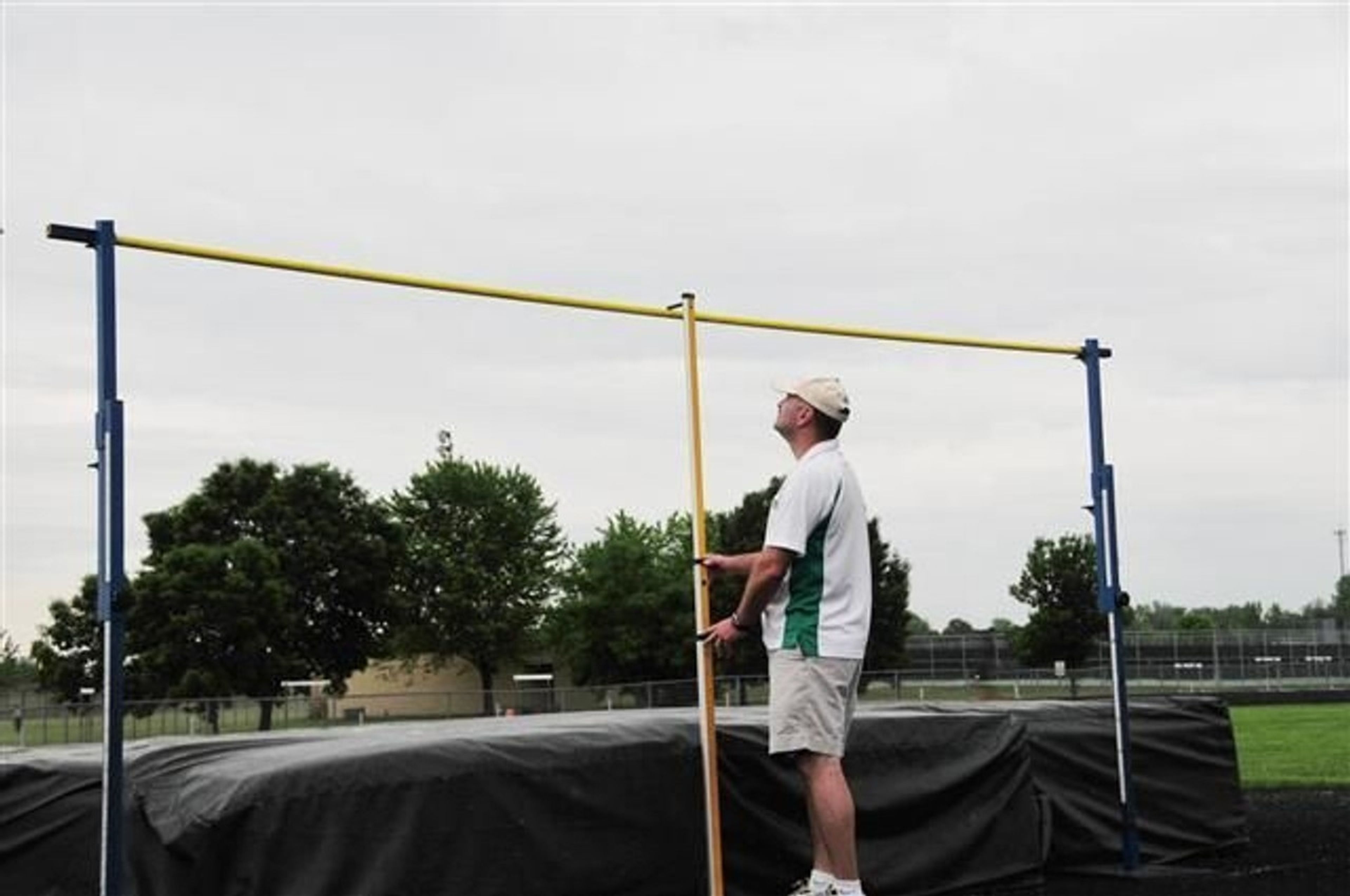Everything To Know About Yelena Isinbayeva Pole Vaulter: Athletic Triumphs and Political Turmoil
Discover Yelena Isinbayeva's unparalleled journey from record-breaking pole vaulter to controversial public figure.
Yelena Isinbayeva: The Iconic Journey of the World’s Greatest Pole Vaulter
Introduction
Yelena Isinbayeva’s name is synonymous with excellence in the world of athletics. Widely regarded as the greatest female pole vaulter of all time, Isinbayeva’s career is a testament to dedication, precision, and the relentless pursuit of greatness. From her humble beginnings in Volgograd, Russia, to setting world records that still stand today, Isinbayeva’s impact on the sport is unparalleled. This article takes an in-depth look at her remarkable athletic journey, her defining achievements, and why she remains an iconic figure in the world of sports.
Quick Facts About Yelena Isinbayeva
- Instagram: @isinbaevayelena
- Height and Weight: Height: 1.74 m (5 ft 8½ in), Weight: 65 kg (143 lb)
- Birthday and Age: Born: June 3, 1982, Age: 42 years old (as of 2024)
- Hometown: Volgograd, Russia
- Current Residence: Tenerife, Spain
- Personal Best in Pole Vault: Outdoor: 5.06 meters (World Record, 2009)
- Unique Fact: Yelena Isinbayeva was the first woman in history to clear the five-meter barrier in pole vaulting, achieving this milestone in 2005.
The Early Years: A Gymnast Turned Pole Vaulter
Born on June 3, 1982, in Volgograd, Russia, Yelena Gadzhievna Isinbayeva initially pursued gymnastics from the age of five. However, her growing height eventually led her to switch to pole vaulting at the age of 15. This decision proved to be pivotal, as she quickly demonstrated an extraordinary aptitude for the sport.
Within just six months of taking up pole vaulting, Isinbayeva won her first major victory at the 1998 World Youth Games in Moscow, clearing a height of 4.00 meters. By the age of 16, she had already begun to carve out a name for herself in the world of athletics.
Dominating the World Stage: Olympic Glory and Record-Breaking Feats
Yelena Isinbayeva’s rise to dominance in pole vaulting was nothing short of meteoric. Over her career, she set a staggering 28 world records, 17 outdoor and 13 indoor, a feat that has yet to be matched. Her first world record came in 2003, when she cleared 4.82 meters at a competition in Gateshead, England.
In 2005, Isinbayeva became the first woman to clear the five-meter barrier—a milestone that cemented her place in pole vaulting history. Her final world record, set in Zurich in 2009, remains unbeaten, with a height of 5.06 meters.
Olympic Success
Isinbayeva’s Olympic achievements are among the highlights of her career. She won her first Olympic gold medal at the 2004 Athens Olympics, setting a new world record with a vault of 4.91 meters. She defended her title at the 2008 Beijing Olympics, once again breaking her own world record by clearing 5.05 meters. In 2012, she added a bronze medal to her collection at the London Olympics, further solidifying her legacy as an all-time great.
The Petrov Method: The Secret to Her Success
Central to Isinbayeva’s unparalleled success was her mastery of the Petrov Method, a pole vaulting technique developed by her coach, Vitaly Petrov. The method emphasizes a precise and technical approach, focusing on the run-up, pole plant, and maximizing the pole's recoil. This approach, combined with Isinbayeva’s incredible athleticism and determination, allowed her to dominate the sport for over a decade.
Why Yelena Isinbayeva Is an Icon
Yelena Isinbayeva is more than just a world-class athlete; she is a symbol of excellence, determination, and the power of human potential. Her records and achievements have set a high bar for future generations, and her influence extends beyond the sport of pole vaulting. Isinbayeva’s legacy is one of breaking boundaries and setting new standards, inspiring athletes around the world to push the limits of what is possible.
The Controversies and Challenges Beyond Pole Vaulting
While Isinbayeva’s athletic career is undoubtedly the cornerstone of her legacy, her life beyond the track has been marked by controversy and political involvement.
Support for Putin and Political Activism
Isinbayeva’s close ties to Russian President Vladimir Putin have been a source of both admiration and criticism. She played a significant role in his 2012 re-election campaign and was appointed as an honorary ambassador for the 2014 Winter Olympics in Sochi. Her public support for Putin, including controversial statements supporting anti-LGBT laws, sparked significant backlash on the international stage.
Doping Scandal and Olympic Ban
In 2016, Russia was implicated in a state-sponsored doping scandal, leading to the ban of the Russian athletics team from the Rio Olympics. This scandal directly affected Isinbayeva, who was denied the opportunity to compete and retire with a third Olympic gold medal. Despite her public criticism of the anti-doping efforts, she was appointed chair of the Russian Anti-Doping Agency’s supervisory board—a move that was widely viewed as symbolic rather than substantive.
Disappearance and Life in Spain
Following Russia’s invasion of Ukraine in 2022, Isinbayeva largely disappeared from the public eye. Reports later emerged that she had relocated to Spain, where she had acquired citizenship and purchased several properties. This move has been met with suspicion, particularly given her previous ties to the Russian government. Some Russian officials have even suggested removing her name from public spaces, though the Kremlin has been cautious in officially labeling her a traitor.
Conclusion: A Legacy Defined by Greatness and Controversy
Yelena Isinbayeva’s story is one of extraordinary athletic achievement, tempered by the complexities of political involvement and public life. As the world’s greatest female pole vaulter, her records and accomplishments continue to inspire, even as her later years have been marked by controversy. Whether revered as a sports icon or viewed with skepticism for her political associations, Isinbayeva’s legacy is undeniably profound, reflecting both the heights of human potential and the challenges that come with fame and influence.








